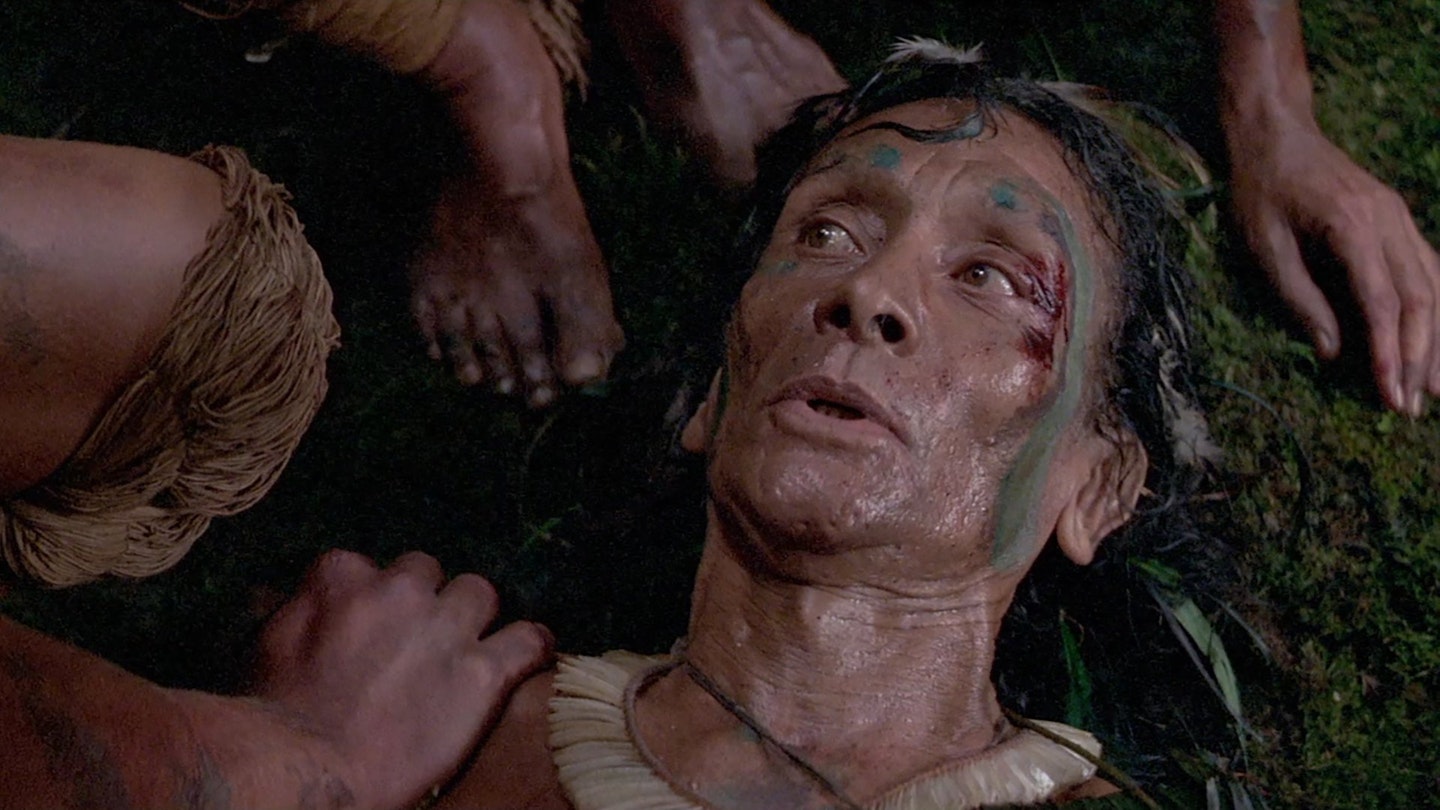John Boorman’s eco-drama is truly authentic in the verdure of its Amazonian setting, he shoots every leaf and limb of the feverish forest with stunning intricacy almost smothering the film in nature. Look what we are losing, he screams through the dense picture, how can we allow this? Here is a director clamouring with passion, but there’s something bullheaded about the inordinate amounts of beauty on show that puts you right off. Bring on the damn dam, you want to demand suffocating on its righteousness, just make the nagging Englishman stop going on.
That he also cast his son Charley — then as blonde as an angel and thin as a twig, now thick with largesse and busy silting the world’s atmosphere with motorbike fumes — presumably to give some rush of familial resonance: what if it were your child? A theme lost on everyone but the self-satisfied director. Thankfully, we do get Powers Boothe, an enormously underrated actor, brilliant as the human face of desolation. It is his journey to realisation that nature is best, that drives the film rather than a simple search for his lost boy. Structurally, the film is more involved than it appears.
The “native” sections of Boorman’s movie are as gallingly realistic as the study of trees, but there remains an air of the patronising gent about the harsh rites of passage this squeaky kid (did he have to be quite //this// blonde?) has to endure before he passes into adulthood. What does Boorman want us to make of drinking human ashes and blood — is this a better way of life? Are nature’s brutal necessities a better path than the succour of his real father’s devotional love? There is an interesting ambiguity in this, but Boorman chooses the path of melodrama as Boothe and son are reunited with a cloying sense of fulfilment. After all the bewailing about Mother Nature, is this really just a film about dad issues?
